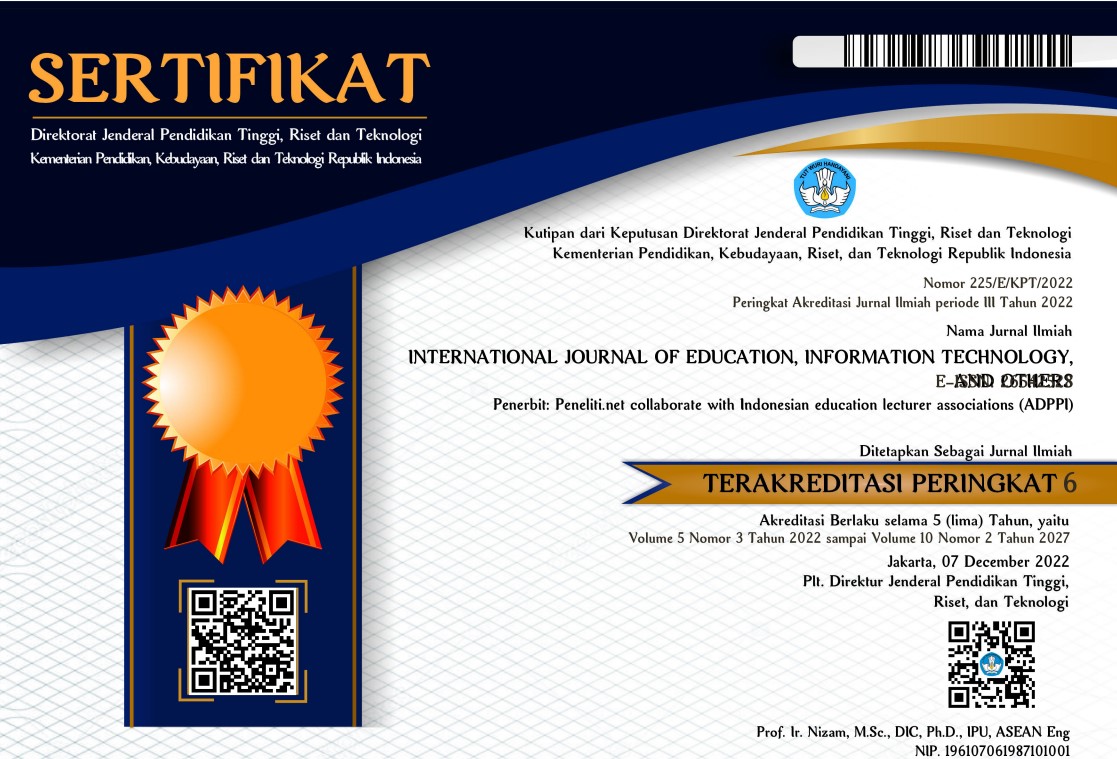Justification and Substitution as Pillars of Soteriology: A Systematic Theology Perspective
Abstract
The issue of salvation remains a central and foundational theme within Christian theology, maintaining its relevance across generations. Two principal pillars underpinning the construction of Christian soteriology are the doctrines of justification and substitution. The doctrine of justification asserts that sinful humanity is declared righteous before God solely through faith in Jesus Christ, independent of human works. Meanwhile, the doctrine of substitution posits that Christ offered Himself as a sacrificial substitute, bearing the penalty of sin on behalf of humankind. This study employs a descriptive qualitative method through a literature review approach, examining a wide range of theological sources, both classical and contemporary. The primary objective is to investigate thoroughly the biblical, historical, and rational foundations of these two doctrines as essential components of soteriology within the framework of systematic theology. The findings reveal that justification and substitution are not merely isolated theological concepts, but rather constitute an integrated whole in articulating God’s salvific work in Christ. Together, they offer a coherent and theologically robust response to the challenges posed by relativism and pluralism within the context of postmodern thought.
Copyright (c) 2025 International Journal of Education, Information Technology, and Others

This work is licensed under a Creative Commons Attribution-ShareAlike 4.0 International License.




